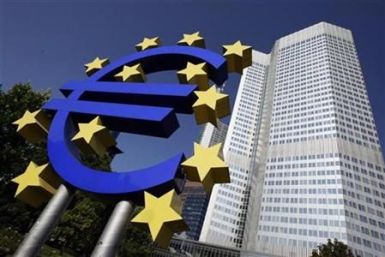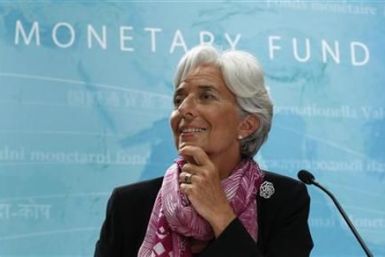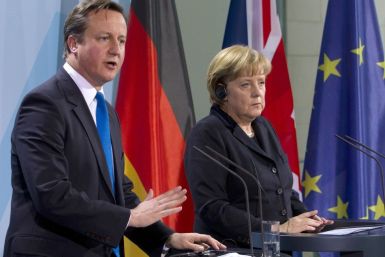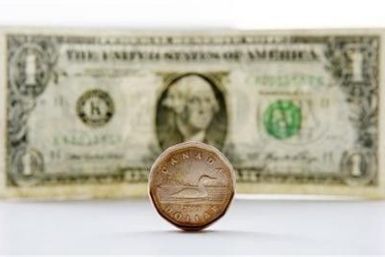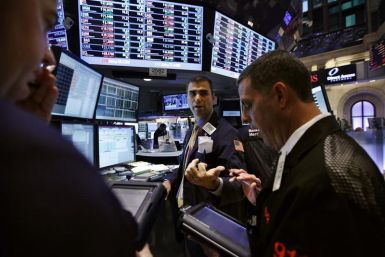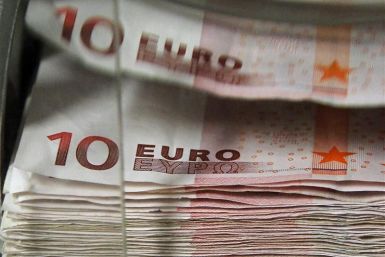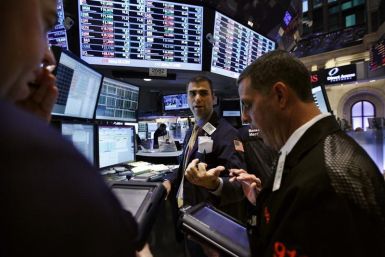German Chancellor Angela Merkel rejected on Wednesday criticism of the ECB for not taking bolder steps to stem the euro zone debt crisis and made clear the next tranche of aid for Greece could not be paid out unless big parties in the country committed in writing to back austerity.
The Eurozone crisis, which has intensified since early 2010, shows no signs of abating and has put several member countries on the brink of default.
Spain's Treasury paid the highest yields in 14 years to issue short-term bills on Tuesday, in a sign that a resounding election victory for the center-right People's Party on Sunday has done little to soothe investor nerves.
Asian shares fell on Monday as uncertainty remained over how euro zone leaders would respond to mounting funding difficulties for European banks, and an apparent failure by U.S. politicians to agree on deficit reduction hurt sentiment.
Greece's new prime minister headed to Brussels on Sunday to fight for the aid Athens needs to avoid bankruptcy, even as one of his coalition backers refused to give a written pledge to support reforms and a public-sector union readied itself for strikes.
Greece's creditors failed on Saturday to persuade the leader of the main conservative party to drop his refusal to sign a pledge that he will back austerity measures under a bailout deal aimed at saving the country from financial ruin.
The International Monetary Fund is inserting itself more forcefully into Europe's efforts to resolve its debt crisis, hoping to stem a contagion that is spreading worldwide and threatening global growth.
While German Chancellor Angela Merkel and British Prime Minister David Cameron have tried to put a happy face on their Friday meeting in Berlin, the two prominent European leaders differ sharply on ways to resolve the Eurozone debt crisis.
Gold inched up on Friday was still on track for its biggest weekly loss since September as euro zone debt contagion worries spooked investors.
European Central Bank chief Mario Draghi told euro zone governments on Friday to act fast to get their rescue fund up and running, expressing exasperation at their lack of progress in responding to the escalating debt crisis.
Stocks were little changed on Friday, but easing European sovereign debt yields kept the S&P 500 above a key technical level.
The dollar firmed to a session high against the U.S. currency on Friday after data showed Canada's October inflation rate came in higher than forecast, curbing market bets on an interest rate cut.
Papademos’ government also promised that it will not have to enact any further austerity cuts.
Wall Street stocks were set to bounce back on Friday after Europe's debt crisis drove heavy market losses this week, with the S&P 500 falling through important technical levels and possibly facing another key test of strength.
The European Central Bank has secretly imposed a weekly limit of about 20 billion euros ($27 billion) on its euro zone sovereign bond-buying program, according to a report in Germany's Frankfurter Allgemeine Zeitung published on Friday.
Italian and Spanish government debt yields fell on Friday, as the European Central Bank bought bonds in the secondary market, but held close to unsustainable levels as contagion fears and money market stress raised the pressure for policymaker action.
Gold inched up on Friday helped by a weaker dollar and some bargain-hunting but was still on track for its largest weekly loss since September as euro zone debt contagion worries spooked investors.
European Central Bank chief Mario Draghi told euro zone governments Friday to act fast to get their rescue fund up and running, expressing exasperation at their lack of progress in response to an escalating debt crisis.
The European Central Bank could soon bow to pressure to print money to prevent a further escalation of the euro zone's debt crisis, with respondents in a Reuters poll giving an even probability the ECB would adopt a policy of quantitative easing.
Gold fell to a one week low on Thursday as fears that the euro zone debt crisis could spread from peripheral to core economies kept investors nervous and prompted some to liquidate profitable positions to cover losses in other asset classes.
Gold prices fell Thursday as contagion from Europe's sovereign debt crisis began engulfing the continent's once-mighty economies.
Stock index futures pointed to a steady-to-lower open on Wall Street on Thursday, with futures for the S&P 500 flat, Dow Jones futures down 0.04 percent and Nasdaq 100 futures down 0.15 percent at 1055 GMT.











